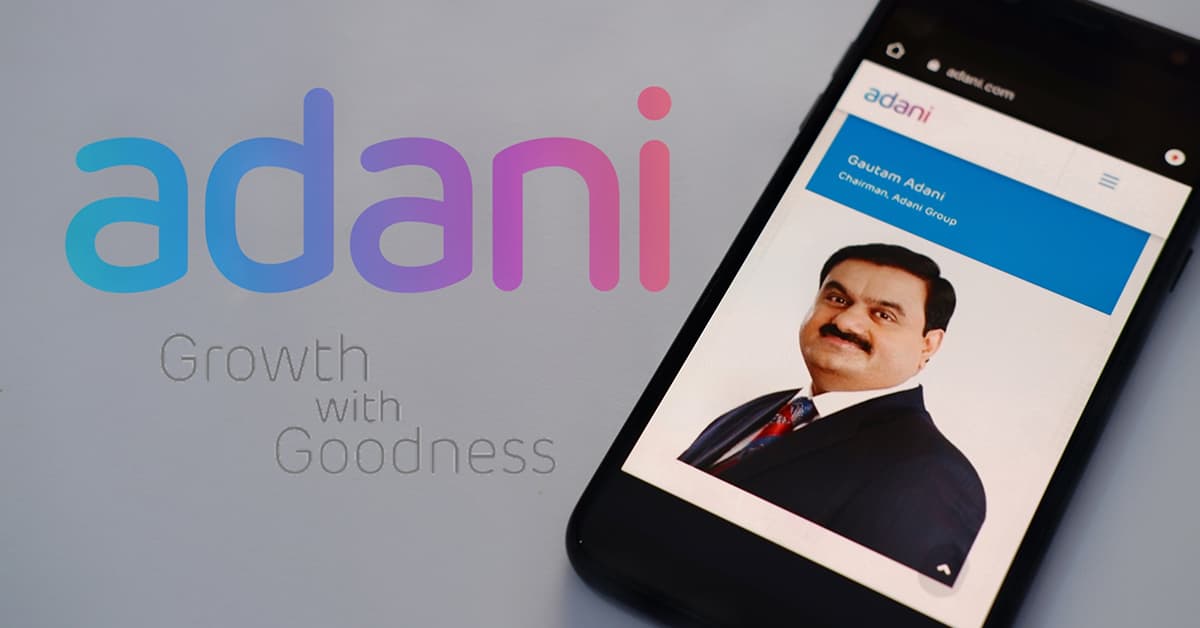Despite Adani Group’s denial ofwrongdoing and debt prepayment in a couple of companies, banks and investors were not reassured.

India’s widely diversified Adani Group conglomerate’s fast-paced expansion came to an abrupt halt after US short-seller Hindenburg Research went public on January 24 with a damning report. The report charged business tycoon Gautam Adani’s firms of accounting fraud, stock price manipulation and corporate malfeasance.
The stock of Adani Group companies plummeted. Tens of thousands of small shareholders lost huge amounts of money as they dumped Adani stocks. Banks stared at the possibility of loan defaults. Credit Suisse, Standard Chartered and Citigroup stopped accepting Adani Group shares as collateral.
Despite Adani Group’s denial of any wrongdoing and debt prepayment in a couple of companies, banks and investors were not reassured. Adani’s capitalization fell to around $95 billion from $140 billion in 20 trading sessions as of February 22.
Gautam Adani, who has ties to Prime Minister Narendra Modi, had overtaken fellow industrialist Mukesh Ambani in personal wealth. On January 1, Adani was worth an estimated $121 billion and was on track to overtake Tesla and SpaceX CEO Elon Musk as second-richest man globally. In the wake of recent events, however, his net worth has fallen to $43 billion.
Many partners have revisited business relations with the Adani Group. France’s TotalEnergies put future investments in Adani Total Gas, a joint venture, on hold. Similarly, Adani Power had to forego a $846 million acquisition of DB Power. A local company, Orient Cements, terminated development of a grinding plant with Adani.
The group still has admirers, even as market regulators launch a probe. Israel indicated confidence in the group’s capacity to develop its geostrategic Haifa port. Sri Lanka picked Adani Green Energy to develop two wind power plants for $442 million, apart from a $700 million terminal project at the country’s largest port.
Swaminathan S. Anklesaria Aiyar, research fellow at the Cato Institute, drew parallels between Gautam Adani and General Electric CEO Jack Welch and other figures who “diversified crazily to create giant conglomerates, succeeded for a few decades amid applause, but eventually came a cropper.” Aiyar foresees more “financial discipline” imposed on Adani, whom he describes as “a strategic player.”



